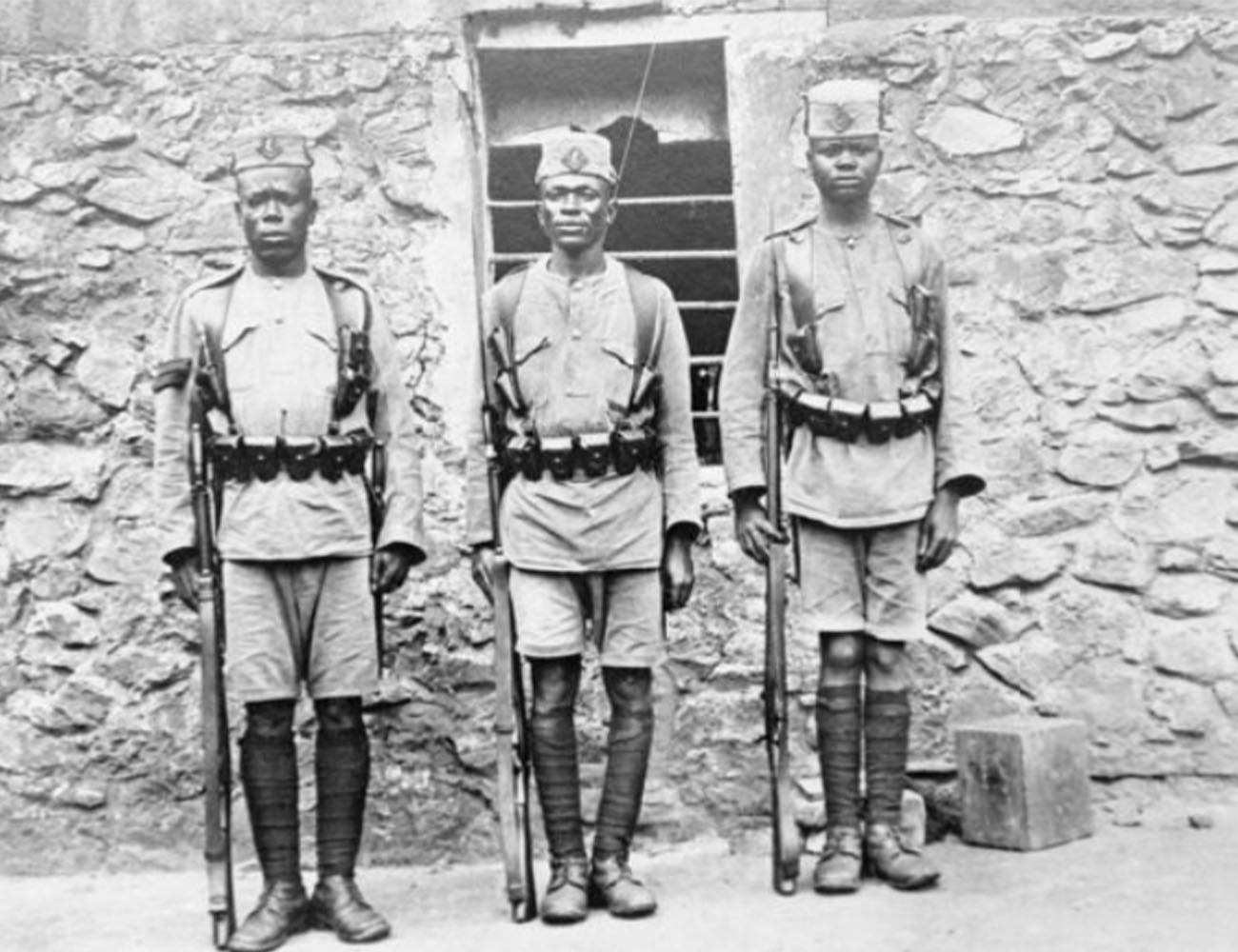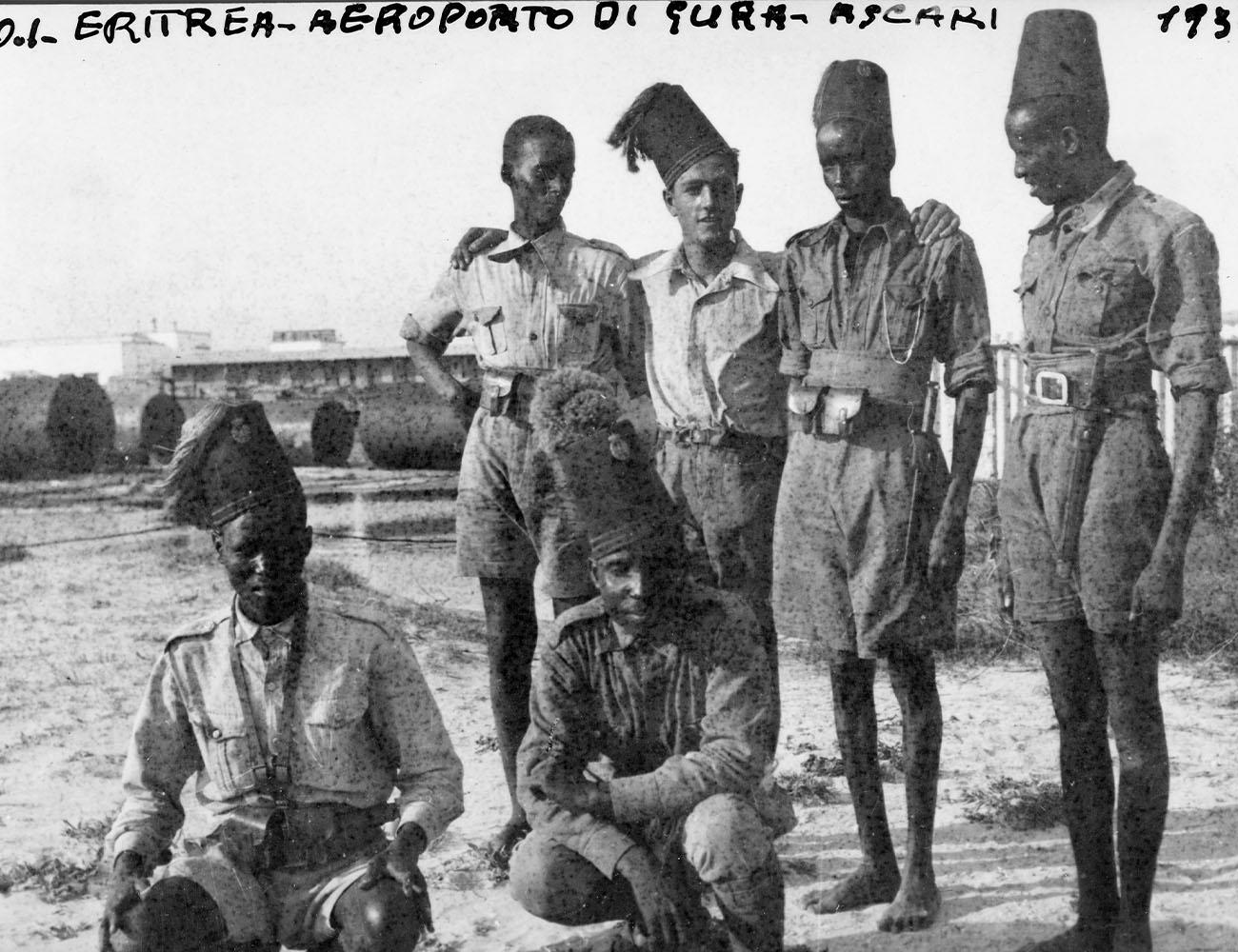About
Project Background
In the wake of the mass mobilisation of societies during the First World War and the conflicts that followed it, states and communities faced the challenge of adequately recognising, rewarding, and reintegrating those who had served in their defence. The interwar period was foundational to the legal, social, political, and cultural construction of the modern category of the veteran.


While there is a rich and detailed historiography on the different definitions of veterancy and cultures of provision that emerged across the Global North in this period, the stories of the hundreds of thousands of colonial subjects who had served in and survived war have not fully been integrated into our understanding of veteran history.
By building a comprehensive comparative history of veterancy across the French, British, Italian and American colonial empires, this project will not only ensure that the experiences of colonial veterans are recognised in veteran history but will also draw on their stories to build a new conceptual framework that can better account for the diversity of veteran histories around the globe.

Project Aims
The project has four principal aims:
To develop a comprehensive comparative history of colonial veterancy in the interwar period within, across, and between a range of imperial polities.
To use veteran policy and the responses it elicited to explore the nature of colonial rule across interwar Empires.
To expand the imagined geography of veteran history in the interwar period to include the experiences of colonial veterans.
To reimagine the conceptual framework of veteran history so it can better incorporate colonial veterans alongside veterans from the rest of the world.
Research Questions
The project will explore three main research questions:
How was veterancy defined, demarcated, and debated in colonial contexts?
How were colonial veterans conceptualised as political actors in the interwar world?
How did colonial states provide for their subject veterans and how did veterans themselves interact with systems of provision?

Case Studies
The project PI will lead the research on the French colonial empire, while the four postdoctoral researchers will focus on the Italian colonial empire, British-ruled India, British-ruled Africa and colonial subjects in the United States of America.

